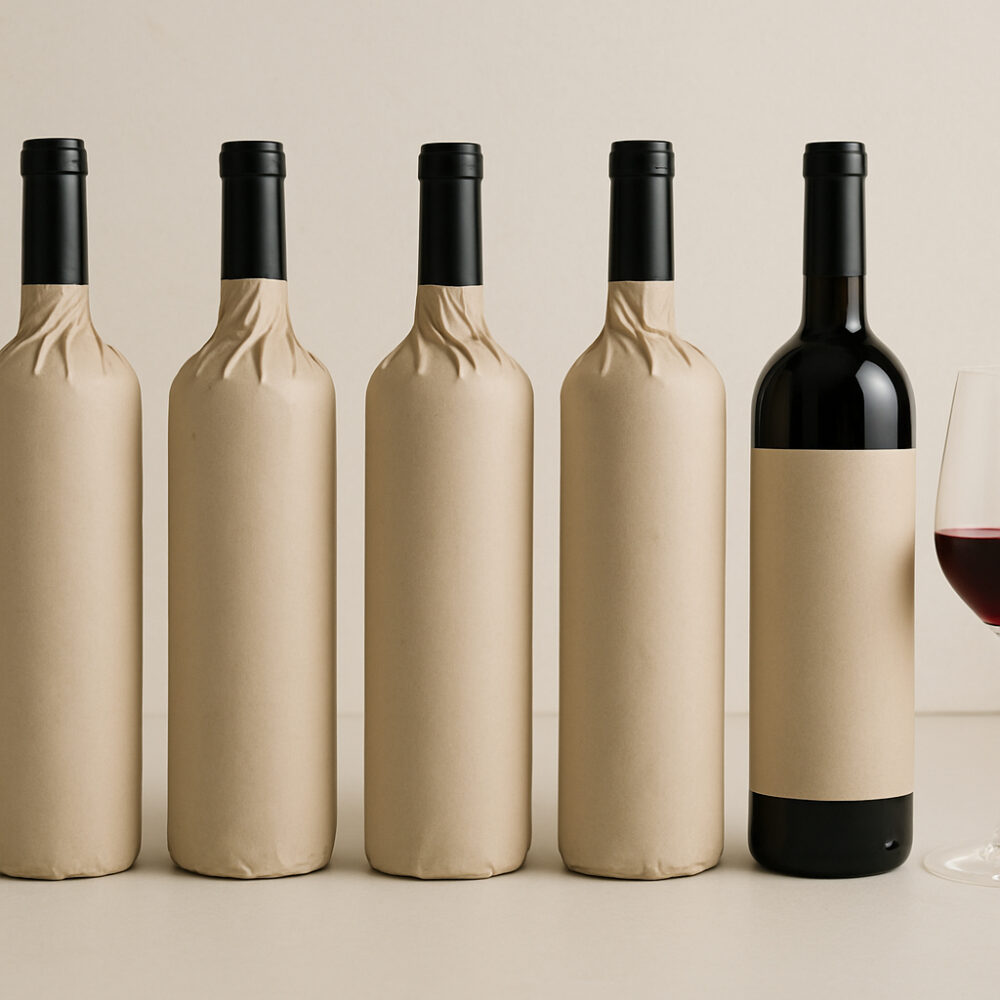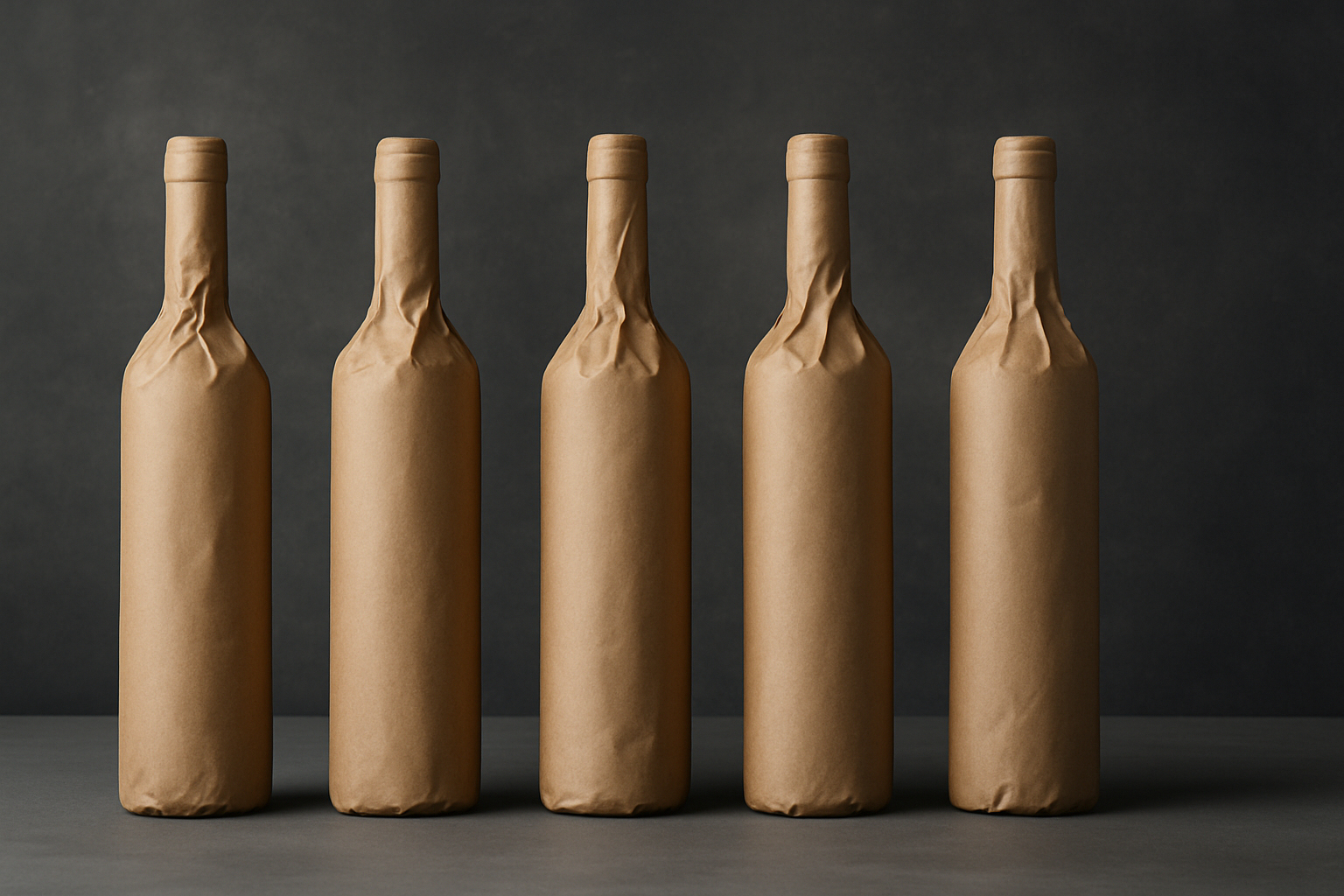
Blind tasting has taken on an outsized role in how people think about wine evaluation. It is often positioned as the gold standard for objectivity, and conceptually the idea makes sense: take away the label, the history, the reputation, and you are left with just the wine. For professional coverage, though, it is not the best framework. An informed and contextual approach serves serious criticism better.
To be clear, I love to taste blind, do it often, and will continue to do so. This is not a criticism of blind tasting when it is done thoughtfully. It is a pushback on the idea that blind tasting is superior for a professional critic or that it consistently produces a better note.
The purpose of blind tasting has been misunderstood and often reduced to a guessing game where success is measured by naming the variety, region, or vintage. I have watched even the most experienced tasters in the world miss all of those. That does not prove blind tasting is worthless. It proves it’s challenging, and that difficulty is what makes it valuable as practice when approached correctly. Blind tasting keeps you humble; it keeps you questioning what’s in the glass as well as yourself. Wine tasting is hard, and some self-doubt is a good thing.
At its best, blind tasting is a training tool. It teaches you to approach each wine without preconceived notions. Anyone working seriously in wine should do it. The goal is not to nail the wine. The goal is to assess what is in front of you with focus, consistency, and self-awareness.
I have conducted large-scale blind tastings across entire regions. The process yielded long lists of aromas, flavors, and scores, yet it rarely built an understanding of the vintage or the producers. Without context I missed how estates responded to the growing season, what winemaking choices shaped their wines, and where stylistic trends were heading. In that setting, blind tasting became record keeping, not insight.
When I travel to a region to write a report, my first goal is to learn. I want to understand the vintage, the terroirs, and the decisions shaping the wines before I form opinions. I prefer to taste in an independent space, away from the château, with just the wines and my computer. I can revisit wines, sometimes over multiple days, and compare across producers. I can see how the vintage shaped the wines, and patterns start to emerge. This approach also makes it obvious when a lesser-known estate has elevated its game, since I am tasting them directly against their peers from the same vintage. Surprises stand out quickly in that setting, and I make a point of calling them out. Blind tasting does not help with that. Stripping away decades of accumulated knowledge of a producer’s wines, in some cases every wine they have ever produced, is not just unhelpful. It undermines the very purpose of criticism, which is to add perspective and context rather than remove it. I understand knowledge can create expectations, but tasting wines in a neutral environment, retasting them when possible, and comparing them side by side over time keeps me from being locked into a single impression. That process is what balances familiarity with fairness, and it is why context remains essential for useful criticism.
Some argue that knowing what is in the glass invites bias. That is fair to consider, but informed perspective is not the same as prejudice. At a certain point, you have to trust the critic. My job is to be consistent, honest, and transparent, to evaluate what is in the glass while bringing decades of experience to the process. I am not against safeguards and I retaste wines when I can, often across multiple days, and I routinely drink these wines myself, outside of any report. That perspective is what provides real insight. Familiarity and knowledge are not weaknesses. They are context, and context is what turns a note into guidance.
Blind tasting has its place. It sharpens your palate and keeps you honest. It is not a methodology for serious criticism, and it is not a substitute for experience. When it becomes the default standard, we lose sight of what criticism is meant to do: offer perspective, not just description.
You Might Also Enjoy:

